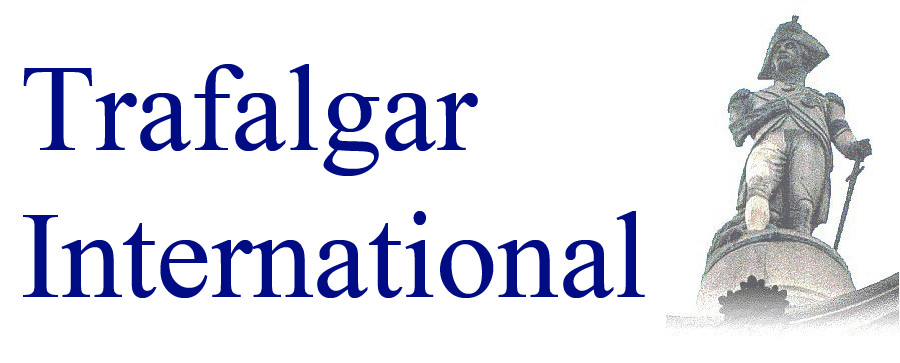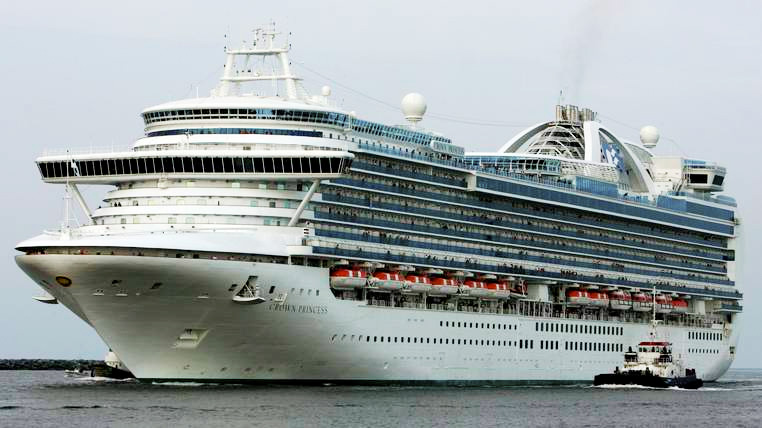Owners and shareholders invest in a business hoping for a return on their investment by way of profit and dividend. It is only natural, therefore, to expect to see this investment protected by way of insurance.
Typically this has meant that the business purchases property insurance on buildings and contents, machinery and stock. Should an unforeseen event occur, such as a fire, storm or earthquake damaging the property insured, then the insurance would meet the cost of making good the insured damage such that the business can continue in operation.
However, what many businesses, even today, have failed to protect is the loss or reduction of income that will have occurred in the “downtime” following the property damage and during the repair. This kind of loss is the domain of an insurance called Business Interruption, and covers a firm for loss of income during periods when it is unable to operate partially or fully due to an unexpected insured event.
Being candid, no one goes into business simply to say “look how beautiful my restaurant / shop / factory / hotel is”. All business owners and investors are “in it for the money”; they expect that financial return on investment– yet in many cases it is uninsured.
Business Interruption Insurance
Let’s briefly examine what happens to a business following a serious fire, storm, earthquake or other catastrophe that damages the property of the business.
In the best-case scenario, where damage may be light, the business would be disrupted, and possibly production would become disorganized. In a worst-case scenario, where damage to the property is heavy, and likely necessitating a lengthy period of repair, production could stop completely with business income falling almost immediately.
During the period in which income has declined, or possibly ceased, the business still has overhead costs to meet such as salaries and payroll, directors’ fees, interest on loans, yet there is no income to meet the ongoing overhead cost.
 Should this period of disruption become prolonged, it may become necessary to lay-off employees, with associated retrenchment and redundancy costs. Alternative premises may have to be hired, temporary plant obtained and other stopgap measures implemented just to ensure some form of continuance of the business – all being a drain on the business’s capital and quite possibly requiring further capital investment from shareholders.
Should this period of disruption become prolonged, it may become necessary to lay-off employees, with associated retrenchment and redundancy costs. Alternative premises may have to be hired, temporary plant obtained and other stopgap measures implemented just to ensure some form of continuance of the business – all being a drain on the business’s capital and quite possibly requiring further capital investment from shareholders.
If it cannot quickly resume its affairs, a business that has suffered interruption in this manner may lose out to its competitors.
Business interruption insurance is as vital to the survival of a business as is the property insurance, which is usually first thought of and purchased (and often, itself, not adequately arranged).
So, what does Business Interruption insurance cover?
Essentially the policy would principally provide coverage for the income your business would have made during the period your business activities had ceased, or declined, as a direct result of the insured incident of loss, enabling you to meet the ongoing costs of maintaining your business, i.e. those overhead costs which would otherwise have been paid out of your income but which you cannot pay in the absence of it or because of reduced income.
It would not meet those costs of the business that will have reduced in proportion to the operational capability of the business after the loss incident (for example, purchases of raw materials, packing costs, transport and the like).
But, importantly, it would cover the net profit the business would have earned in the period of disruption should the loss not have occurred.
Additionally, the policy would cover extra expenses that may be incurred by the business for the purpose of avoiding or reducing the fall in income subject to those expenses not exceeding the amount which otherwise would have been lost, an “economic limit”.
There are many coverage extensions that can be incorporated and while we will provide some details of these in a future article your broker is well placed to advise you as to which may be pertinent to your own business.
The quantification of a loss under a business interruption policy can at first seem complex, but in reality it should be borne in mind that any loss under the policy is based on a firm’s own historical financial records, as evidenced by their current and historic audited accounts, as well as adjustments to factor in the trend of the business or other circumstance which might have had an impact on the business but for the damage.
There are different types of business interruption (BI) policy depending upon your type of business.
As a manufacturer, the BI policy you would want is one that defines coverage on the basis of “Gross Profit”.
It is important to note that the term used for business interruption is not quite the same as that used for accounting purposes.
In simple terms, in accounting, all the costs of manufacture such as direct materials, direct labour and factory overheads are captured and deducted from sales turnover to arrive at accounting gross profit. For insurance purposes it is generally taken to mean all of the “standing charges” of the business – those costs that would have to continue to be paid after a loss, plus “net profit”.
If your business was that of retail sales, or a hotelier, where your business does not entail taking raw materials and applying a process to them to obtain a finished product, then the policy you would seek to arrange is one on “gross” or “net revenue”, where you would seek to define revenue coverage as all revenue but not including those costs which would diminish in proportion to your likely drop in turnover after a loss.
As an accountant, auditor or lawyer, you would be seeking to insure your “professional fees”, or possibly an “increased cost of working” only policy, if the loss of your premises would not likely inhibit income, the insurance coverage then being able to meet the costs of renting temporary offices and equipment to allow you to meet your business obligations as well as those additional costs incurred in rebuilding records and in informing your clients of your temporary location.
Common to whatever form of business interruption insurance which may be arranged is the fact that the policy will only pay for the loss to the business from the date of the loss occurrence to the date at which the business has returned to “normal”, in other words when it is no longer financially affected by the property loss or damage which the business suffered.
This period is termed the “Indemnity Period”.
In selecting the indemnity period to be insured under the BI policy, most businesses simply opt for 12 months, as this is the financial accounting period, without regard for the actual likely period of disruption to the business.
However, in many cases 12 months is unlikely to represent a sufficient maximum period in which to allow the business to return to its pre-loss state.
There are many factors to be considered in selecting an indemnity period, such as the time taken to assess the damage after any loss, planning, tender preparation and review of quotations, local authority permissions, all before repairs or rebuilding can begin; and then there is the time needed to perform the repair/s and of course the time required to rebuild the business and win back customers.
Business interruption insurance is available from almost all general insurers in the market, but they would be the first to recommend to you that the advice of an insurance broker would be invaluable in ensuring your policy is properly arranged with an adequate sum insured and indemnity period. Your own broker should be well versed in this class of insurance.
Business interruption insurance is one of the most valuable coverages your business should have.
In future articles we will delve deeper into what the business interruption policy covers, how sums insured should be calculated, what one should consider in selecting the maximum indemnity period and what policy extensions and tailoring of cover would be needed for your particular business.
If you cannot wait, and have questions you need answered, now, don’t hesitate – call us. We would be happy to advise you.










